Have you ever noticed how a dog’s eyes light up when the world slows down? There’s something heart-tugging about the gentle bond between dogs and seniors. While people often imagine dogs chasing kids in bustling family homes, the truth is, many pups breathe a sigh of relief in the calm of a quiet senior home. Why do dogs seem to settle so deeply, curling up contentedly at the feet of older adults? Let’s take a closer look at the surprising reasons why quiet senior homes are a dog’s paradise—they might just make you want to grab a blanket, find a furry friend, and savor the peace together.
Peaceful Atmosphere Calms Anxious Pups
Dogs are incredibly sensitive to noise and chaos. In busy households, the constant hum of televisions, kids shouting, or doors slamming can put pups on edge. Senior homes, in contrast, offer a gentle hush—no sudden commotions, no wild parties. This sense of serenity works wonders for anxious dogs, helping their muscles relax and their breathing slow. You might notice a nervous dog finally lying down for a nap, snoring softly, as if they’ve found their safe haven. Like a peaceful meadow after a storm, a quiet home settles a dog’s nerves. For many dogs, this calmness is pure bliss.
Predictable Routines Mean Less Stress
Dogs are creatures of habit. They thrive on knowing what’s coming next—when they’ll eat, walk, or cuddle. Senior homes often run on reliable schedules, with regular meal times, daily walks, and familiar activities. Unlike chaotic households where routines change every day, senior homes offer predictability. This consistency is like a soothing lullaby for dogs, letting them relax and trust their surroundings. Imagine living in a world where surprises are rare and every day brings gentle familiarity—that’s the comfort dogs crave.
Gentler Interactions and Touch
Older adults tend to move more slowly and speak more softly, which makes a world of difference for dogs. Instead of unpredictable grabs or rough play, dogs in senior homes enjoy gentle pats and careful strokes. This kind of touch is both soothing and confidence-boosting. For shy or sensitive dogs, it’s like being wrapped in a warm hug. The slower pace of seniors helps build trust, allowing even the most timid pups to come out of their shells and seek affection.
Less Overstimulation for Sensitive Dogs
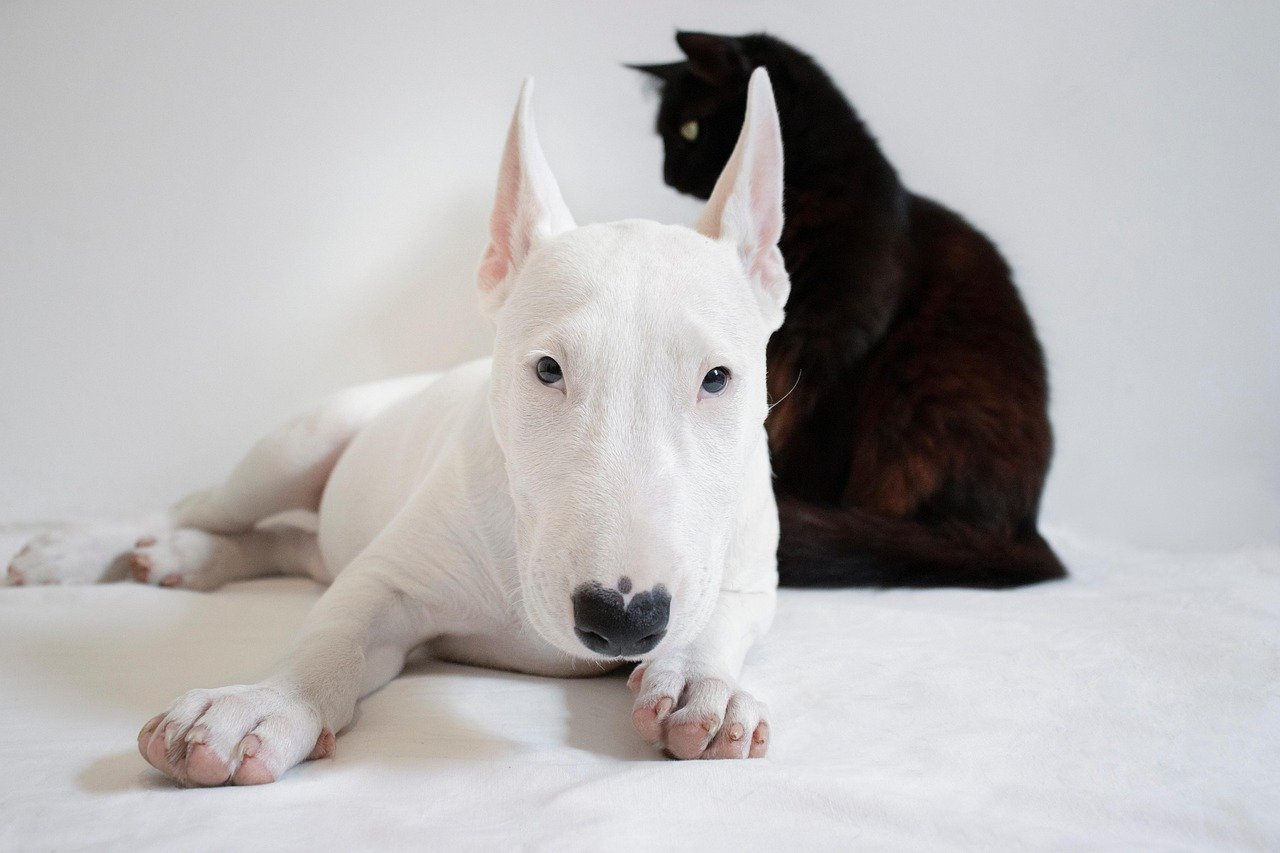
Some dogs are easily overwhelmed by too much noise, movement, or excitement. In a bustling home, these dogs might spend their days hiding under beds or barking anxiously. Senior homes, with their calm and quiet, provide a perfect sanctuary. There are fewer visitors, no wild children running around, and less general hubbub. Dogs can finally rest without being startled every few minutes. It’s like swapping a rock concert for a peaceful library—just what sensitive pups need.
More Quality One-on-One Time
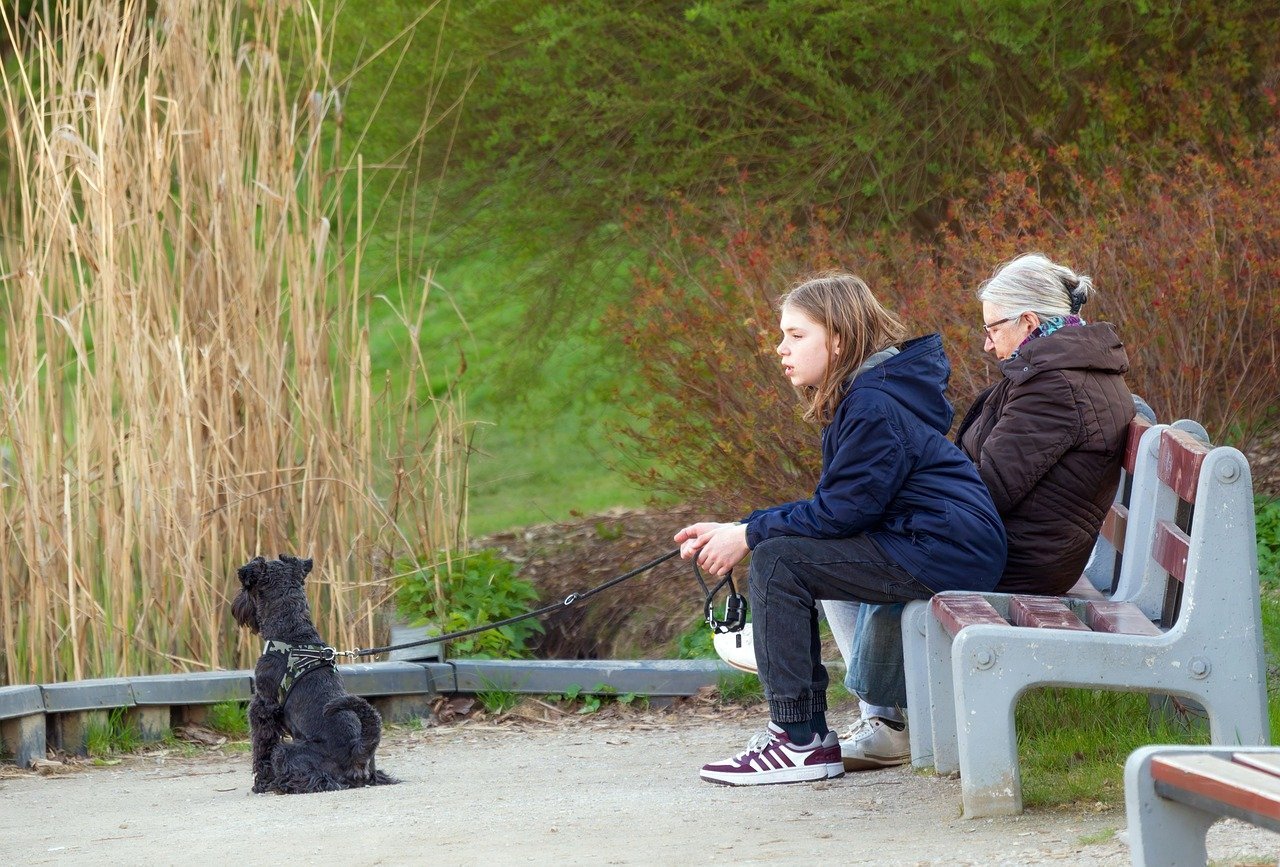
With fewer distractions and responsibilities, seniors often have more time to devote to their furry companions. Dogs relish this undivided attention, whether it’s a leisurely walk in the garden or a quiet cuddle on the couch. This quality time deepens their bond, making dogs feel truly loved and valued. For dogs who thrive on companionship, the focused presence of a senior is a priceless gift, like getting the last slice of cake all to themselves.
Freedom from Loud Noises and Sudden Movements

Loud noises—doorbells, shouting, or clattering dishes—can send dogs into a frenzy. Senior homes tend to be much quieter, with less unexpected ruckus. The absence of sudden, jarring sounds helps dogs feel secure and prevents the kind of fear-based behaviors that can develop in noisy environments. It’s a little like living in a house where the wind never rattles the windows—dogs finally feel at home, at peace, and fully themselves.
Opportunities for Gentle Play
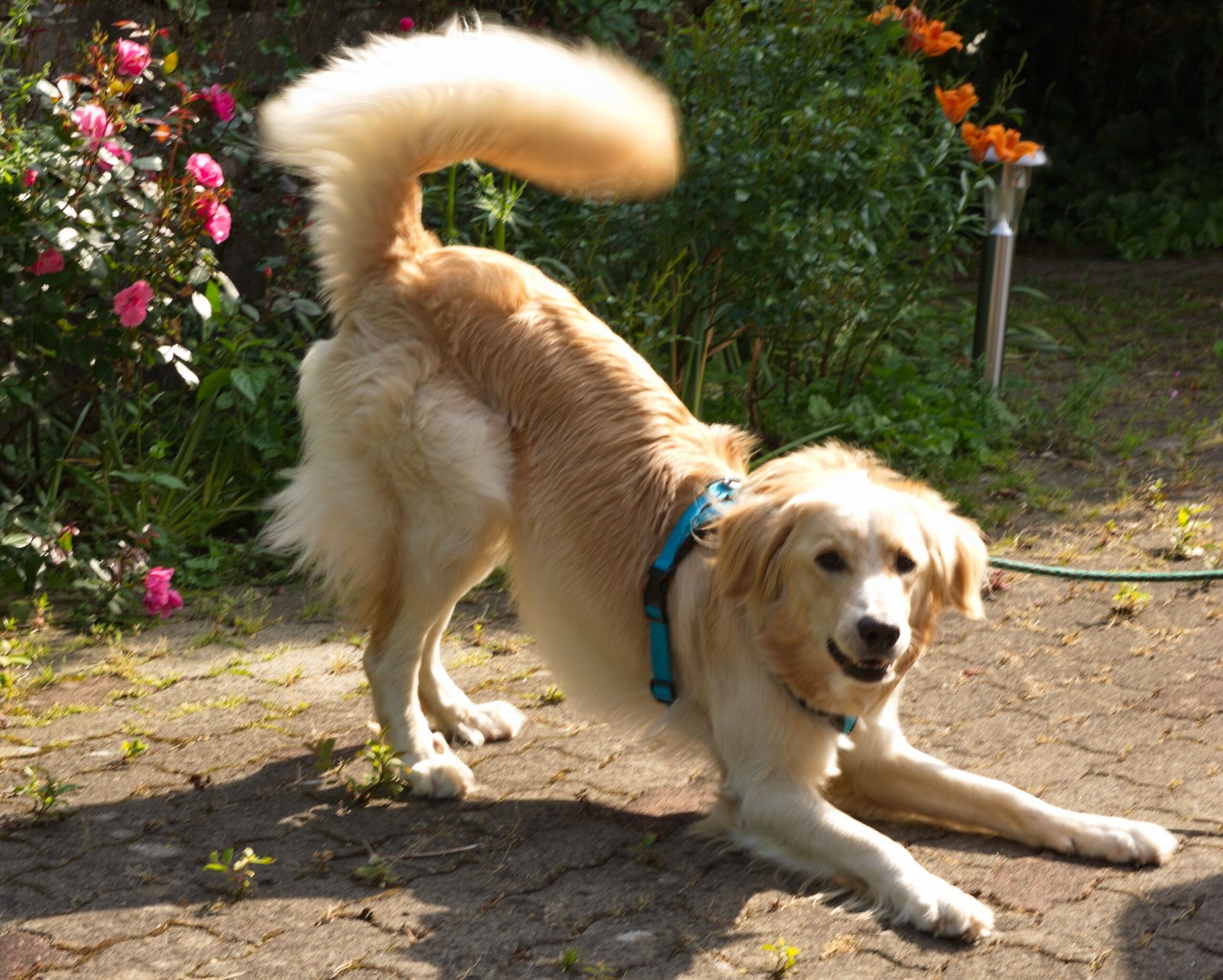
While high-energy fetch games might be rare, dogs in senior homes still get to enjoy gentle play. Seniors often invent creative, low-impact games—like rolling a ball across the floor or engaging in slow, calm tug-of-war. These activities keep dogs mentally engaged without overwhelming their senses or bodies. It’s not about wild running, but about connection. For many dogs, this kind of play becomes a favorite part of their day.
Comfortable and Cozy Spaces
Senior homes are often filled with soft, inviting spots—a cushiony armchair, a warm blanket, or a sun-dappled rug. Dogs adore these cozy nooks, curling up in comfort for long naps. Seniors frequently welcome their dogs onto furniture, making them feel part of the family. It’s a little like snuggling into Grandma’s quilt—safe, warm, and utterly relaxing. These welcoming spaces make a house feel like a true home for any dog.
Less Competition for Attention
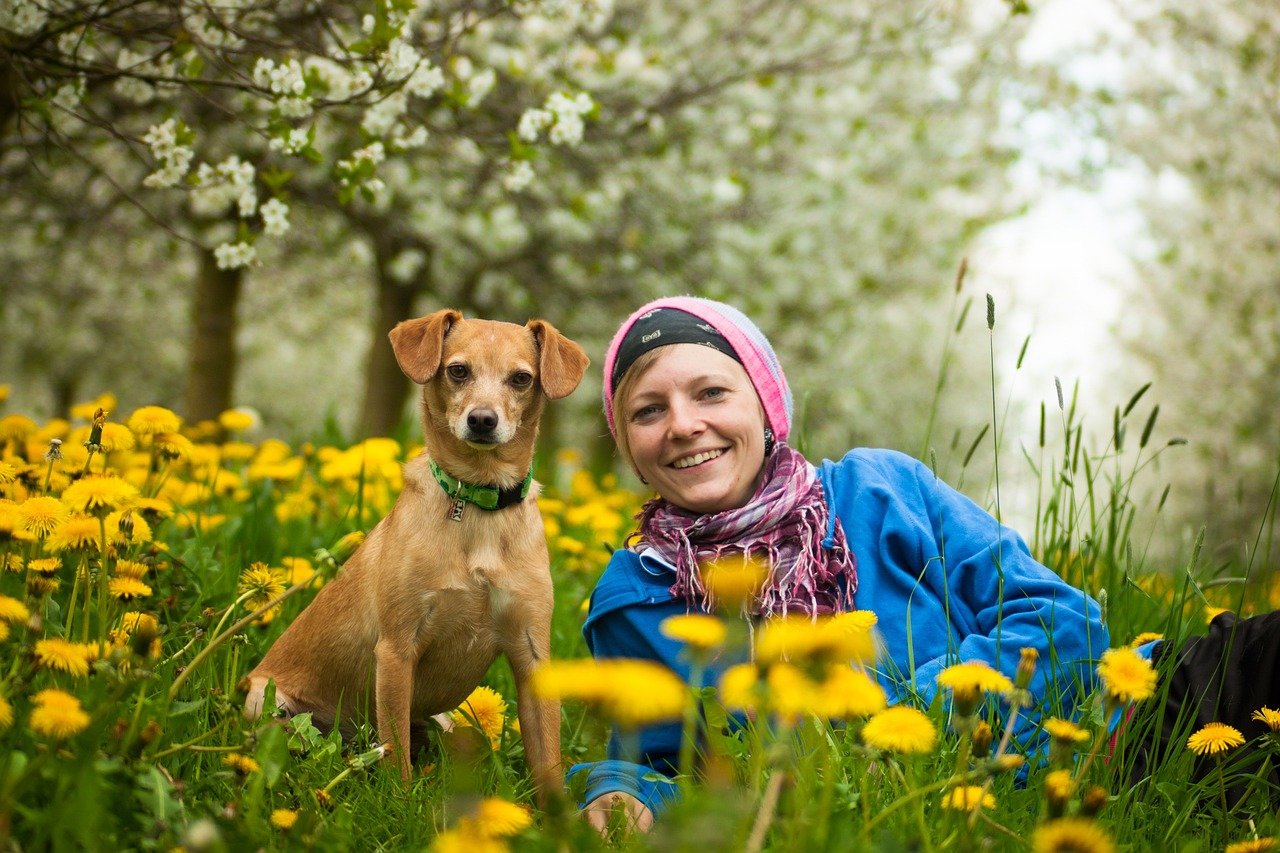
In busy households, dogs sometimes get lost in the shuffle. Children, guests, and other pets can all compete for attention. In a senior home, a dog is often the center of the universe, showered with love and focus. This makes even the most withdrawn pups blossom, knowing they won’t be overlooked. For dogs who crave reassurance, this undivided attention is as sweet as a favorite treat.
More Consistent Exercise Routines
Seniors often prioritize daily walks for both themselves and their dogs. Unlike younger families who may skip walks due to busy schedules, seniors build these outings into their day. Dogs look forward to these regular strolls, which not only keep them fit but also provide mental stimulation. The consistent exercise helps keep dogs happy and healthy, turning every walk into a cherished ritual.
Calm Energy Encourages Relaxation

Dogs are experts at reading human emotions and energy. In a peaceful senior home, the overall mood is calm and steady, which rubs off on dogs. They pick up on the mellow atmosphere, mirroring that tranquility in their own behavior. You’ll often see dogs stretched out, paws twitching in dreams, soaking in the sense of serenity. This shared peacefulness creates a harmonious home where both dogs and seniors thrive.
Fewer Household Hazards

Busy households often come with their own set of dangers—open gates, dropped toys, or food scraps within reach. Senior homes, on the other hand, tend to be safer and more organized. With fewer tripping hazards and less clutter, dogs can wander freely without risk. This safety allows them to explore their environment confidently, knowing they won’t accidentally get into trouble.
Opportunities for Purpose and Comfort
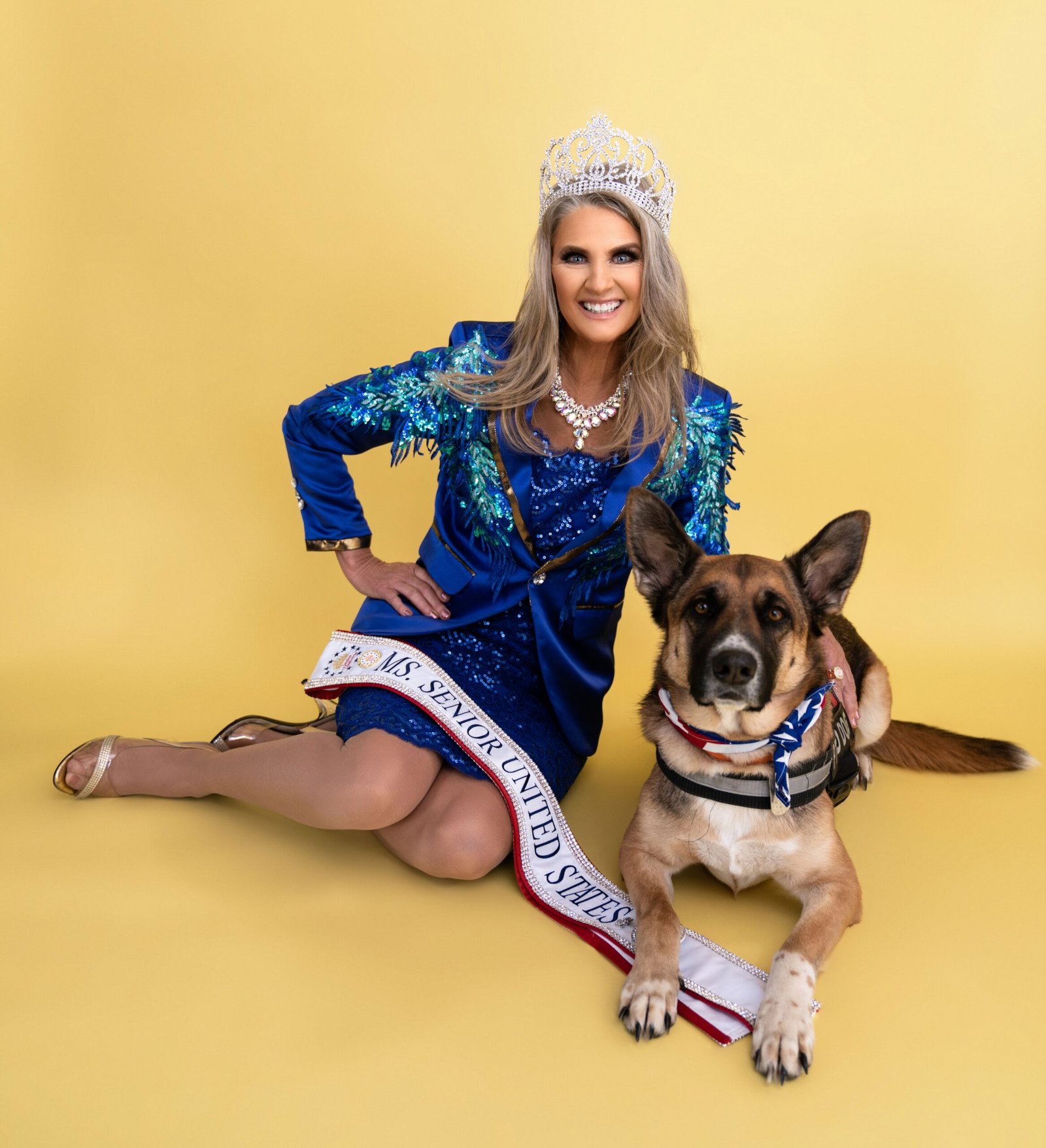
Some dogs, especially those who once served as therapy or service animals, find renewed purpose in senior homes. They sense when their human needs extra comfort or companionship. The quiet rhythm of a senior’s life allows dogs to offer support in their own, gentle ways—leaning in for a cuddle during a tough day or lying quietly nearby during a nap. This sense of purpose is deeply rewarding for many dogs, giving them a role and a reason to feel proud.
Reduced Exposure to Illness and Stress

In large, active households, dogs are exposed to a revolving door of visitors, children, and even other animals, increasing the risk of illness or stress-related issues. Senior homes, with their limited traffic and calmer environments, help keep dogs healthier. There’s less chance of picking up a bug or getting stressed out by strangers. This low-stress lifestyle often leads to fewer vet visits and a longer, happier life for pups.
Deeper Emotional Bonds
Perhaps the most touching reason dogs prefer quiet senior homes is the depth of the bond that forms. With fewer distractions and more time together, dogs and seniors learn each other’s rhythms, quirks, and needs. They become true companions, sharing silent moments and small joys. This emotional connection is hard to put into words, but you can see it in the way a dog leans in close, sighs contentedly, or simply rests a paw on their person’s knee. For both dogs and seniors, this bond is a lifeline—a gentle reminder that love, in the quietest places, is often the loudest thing of all.






